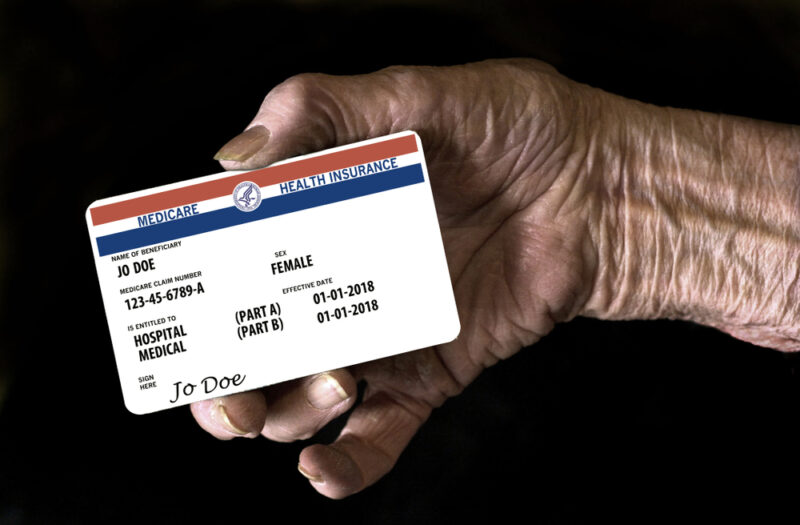Have you finally convinced a senior in your life to speak with a counselor regarding mental health? That’s great! The next step you’ll want to take is to make sure they can afford it. The best way to do this is to find a counselor who accepts Medicare, then contact Medicare to make sure they are willing to pay for the service.
Medicare Part B usually covers mental health providers who accept assignment, which means the counselor agrees to charge only what Medicare agrees to pay, then they wait for Medicare to pay its share before asking the patient to pay theirs.
“If a provider accepts assignment, that means they will only charge the amount that Medicare deems appropriate for the service,” said Harry Lockhart, Insurance Producer with H&L Senior Benefits. “And then Medicare will cover 80 percent of that agreed-upon total, while the patient pays the remaining 20 percent.”
So for instance, if a therapist wants to charge $100, but Medicare only agrees to a charge of $80, Medicare would pay 80 percent, or $60, and the patient would have to pick up the remaining 20 percent, or $20, out of pocket or through a Medigap plan.

What mental health service does Medicare cover?
In an Original Medicare plan (not Medicare Advantage), the following outpatient mental health services will be partially covered if the provider accepts assignment, and if they take place at a community mental health center, a hospital’s outpatient department, or a provider’s office:
Sometimes, a counselor may recommend that services take place more often than Medicare will cover, making the patient responsible for some or all of the cost. This is why it’s very important to ask questions about the services being recommended and what the costs will be prior to beginning treatment.
For services in a hospital outpatient clinic or hospital outpatient department, there may be additional copayment or coinsurance due to the hospital.
Some prescription drugs.
Medication management.
Psychiatric evaluation and diagnostic tests.
Treatment for substance abuse.
Testing to find out if current treatment is working.
Family counseling, if the main purpose is to help with mental health treatment.
Individual and group psychotherapy.
Visits to providers who can diagnose or treat mental conditions. This includes psychiatrists, clinical psychologists, clinical social workers, clinical nurse specialists, nurse practitioners and physician assistants.
A yearly “Wellness” visit in which a doctor will ask about mental health issues.
A one-time “Welcome to Medicare” preventive visit in which a primary care doctor screens for depression risk factors.

Does Medicare cover online counseling?
Under the Coronavirus Preparedness and Response Supplemental Appropriations Act, signed into law in March 2020, Medicare is paying for telehealth services at the same rate as in-person visits. Patients seeking mental health therapy do not need an established relationship with a counselor, but service must be performed using audio and video equipment that permits two-way, real-time interaction (in other words, phone, fax, and email isn’t covered). Some online counseling services do not accept Medicare, so again, be sure to verify they do and ask your Medicare point-person before creating an account.

